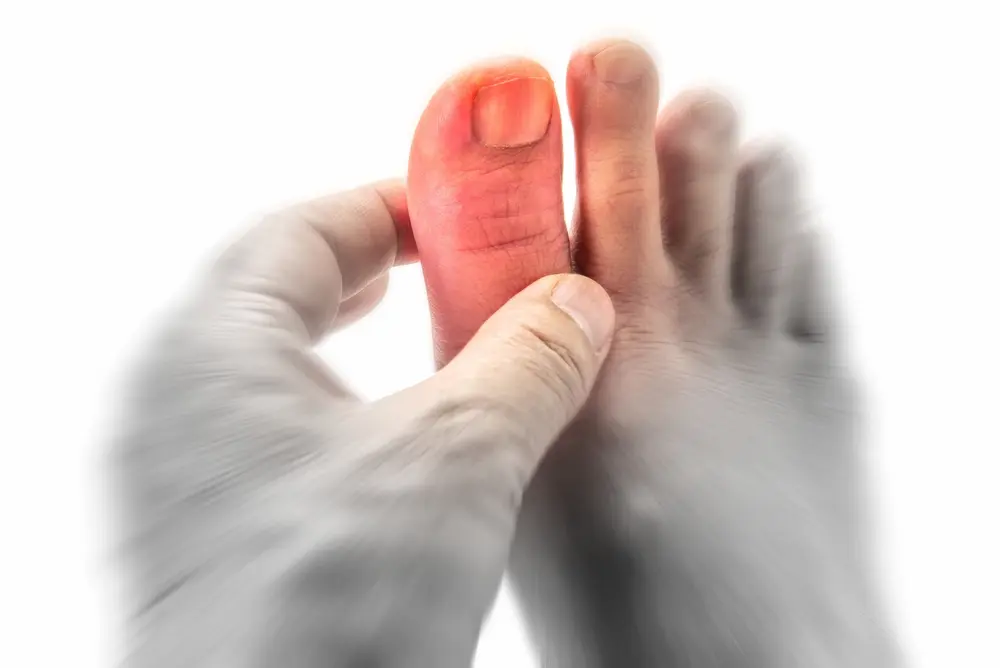
Regular physical activity is one of the most critical things you can do for your health. Exercising has been shown to improve your fitness, lower the risk of disease, boost mental well-being, strengthen muscles and bones, and improve your quality of life. Only a few lifestyle choices have as large an impact on your health as physical activity.
15 longitudinal studies with 5 or more years of follow-up and a total of 288,724 participants aged between 18 and 85 years showed that physical activity has a positive long-term influence on chronic conditions like diabetes, depression, dementia, and coronary disease. Multiple other research findings also confirm that there’s irrefutable evidence of the effectiveness of regular exercise in the primary and secondary prevention of these diseases.
Exercise offers a wide range of health benefits, both physical and mental. It may even help you live longer. Here’s why physical fitness is beneficial to your holistic health:
• Improves your mood and reduces feelings of anxiety, stress, and depression
• Supports a healthy metabolism and helps maintain muscle mass and weight loss
• Helps you build strong bones and muscles and may also help prevent osteoporosis
• Makes your immune system function better, helping in disease prevention
• Increases your energy levels
• Improves blood flow to the brain, and helps with memory and brain health
• Promotes blood flow can protect your skin and delay signs of aging
• Improves sleep
• Can reduce pain or increase pain tolerance
• Promotes better sex life

Exercise can act as a natural remedy for various chronic diseases as shown below:
Exercise has been shown to have a positive impact on mental health, including depression. It triggers the release of endorphins, which are natural mood lifters and reduces stress hormones like cortisol. Regular exercise can also improve self-esteem, body image, and promote better sleep, all of which play a key role in enhancing mental health.
Engaging in physical activity provides a sense of accomplishment and routine, which can be particularly beneficial for individuals with depression. A new study encompassing 128,119 participants, 1039 trials, and 97 reviews, found that exercise is 1.5 more effective than medicine and counseling to manage depression, anxiety, and distress.
Exercise also plays an important part in the management and prevention of type 2 diabetes. Studies have found that physical activity promotes better blood glucose control and weight loss, both of which are huge risk factors for diabetes. Exercise counters the effects of type 2 diabetes by increasing insulin sensitivity, making it easier for cells to use glucose from blood. Also, when the muscles contract during physical activity, the cells can absorb glucose and use it for energy irrespective of whether there’s insulin or not.The effect exercise has on blood glucose varies based on factors like the duration of activeness. However, according to diabetes.org, exercise can reduce blood glucose for up to 24 hours after working out. This means that physical activity reduces the need for insulin or other diabetes medications. It also helps control body weight, which is a significant risk factor for type 2 diabetes.
Exercise can aid in weight management by burning calories and increasing metabolic rate. It helps reduce excess body fat and build lean muscle mass. Additionally, exercise can regulate appetite hormones, making it easier to maintain a healthy weight. Combining exercise with a balanced diet is an effective strategy for preventing and addressing weight gain and obesity.
While there is no cure for Alzheimer's disease, exercise may help delay its onset or slow its progression. Regular physical activity improves blood flow to the brain, reduces inflammation, and enhances the growth of new brain cells and connections. It also enhances cognitive function, and memory, and may reduce the risk of developing Alzheimer's disease. Aerobic exercise, in particular, has been associated with brain health benefits.
Incorporating regular physical activity into your daily routine often necessitates lifestyle changes. Here’s a guide to help you make these changes and develop a sustainable exercise routine:
Start by setting achievable fitness goals that align with your current fitness level and lifestyle. These goals should be specific, measurable, and time-bound. For example, aim to walk for 30 minutes every day or complete a certain number of push-ups by the end of the month.
To ensure regular physical activity, establish a workout routine that you can stick to. Consistency is key. Whether it's in the morning, during lunch breaks, or in the evening, find a time that fits your daily schedule and commit to it.
Take some time to identify the barriers that may prevent you from exercising regularly. These could be a lack of time, motivation, or access to suitable facilities. Once you've identified these obstacles, work on strategies to overcome them. For instance, if time is a challenge, consider shorter, more frequent workouts.
Make sure to select exercises or activities you genuinely enjoy. If you find your workouts fun, you're more likely to stick with them. This could be anything from dancing and swimming to hiking or playing a sport. Experiment until you find what suits you best.
Exercise with friends, family, or in a group setting. This can make workouts more enjoyable and provide a support system to keep you motivated.
Keep a workout journal or use fitness apps and devices to monitor your progress. Tracking your activities and seeing your improvements can boost motivation.

If you're new to exercise or have specific health concerns, it's wise to consult a fitness professional or a healthcare provider. They can offer guidance on the best exercise approach for your needs and ensure you're exercising safely.
Physical activity provides lots of benefits that can improve almost all aspects of your health. And it does not have to be anything extreme. If you aim for 75-150 minutes of vigorous-intensity or 150 – 300 minutes a week of moderate-intensity aerobic exercise or an equivalent combination of the two in a week, you’ll meet the DOH physical activity guidelines.
Moderate-intensity exercise is anything that increases your heart rate and breathing, like brisk walking, swimming, hiking, dancing, and gardening. Activities like cycling, jumping rope, running, aerobic dance, HIIT, boxing, hiking uphill and competitive sports count for vigorous intensity.
Add at least 2 days of muscle-strengthening workouts involving major muscles like the chest, back, legs, shoulders, abdomen, and arms, and you will be way above average. You can use your body weight, resistance bands, and weights for muscle-strengthening workouts. These include chest presses, shoulder presses, planks, push-ups, and squats.
Exercise plays a big part in helping with different conditions. However, it's essential to underscore that while exercise can be highly beneficial, it should not replace professional medical or psychological care when necessary. You can also take part in clinical trials to help change the treatment paradigm. Science 37 offers a wide range of clinical trials and is currently enrolling people.


